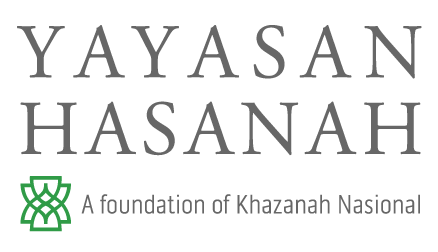Malaysia has in recent years seen unprecedented levels of natural disasters, primarily floods as well as the unexpected earthquake in Sabah causing the need for increased resources for responses to meet the needs of survivors. In the wake of these disasters, particularly the floods of 2014/2015 which saw 160,000 evacuees during its peak, more and more NGOs and corporate companies have been mobilising themselves to respond to the needs of survivors, especially during the emergency phase. This also saw the creation of the National Disaster Agency (NADMA) and the Government-Linked Companies Disaster Response Network (GDRN) in order to enhance coordination among government agencies and GLCS, respectively. Thus, to this end, NGOs, corporate companies and government agencies have amassed a wealth of knowledge on emergency response. Yet, while the support during the emergency phase has grown over the years, the support at the recovery phase, such as the rehabilitation of homes including purchasing of essential household and personal items lost during the disaster, does not seem to have reached the same scale. Are the needs of the survivors of natural disasters at the recovery phase being sufficiently met?
Hasanah’s ILMU this March 2018, seeks to share some of the knowledge, particularly key lessons which can be learned during the emergency phase, and to explore whether more can be done at the recovery stage so that future disaster responses can be more effective and impactful. The speakers will be made up of NGOs, GLCs and government representatives.


